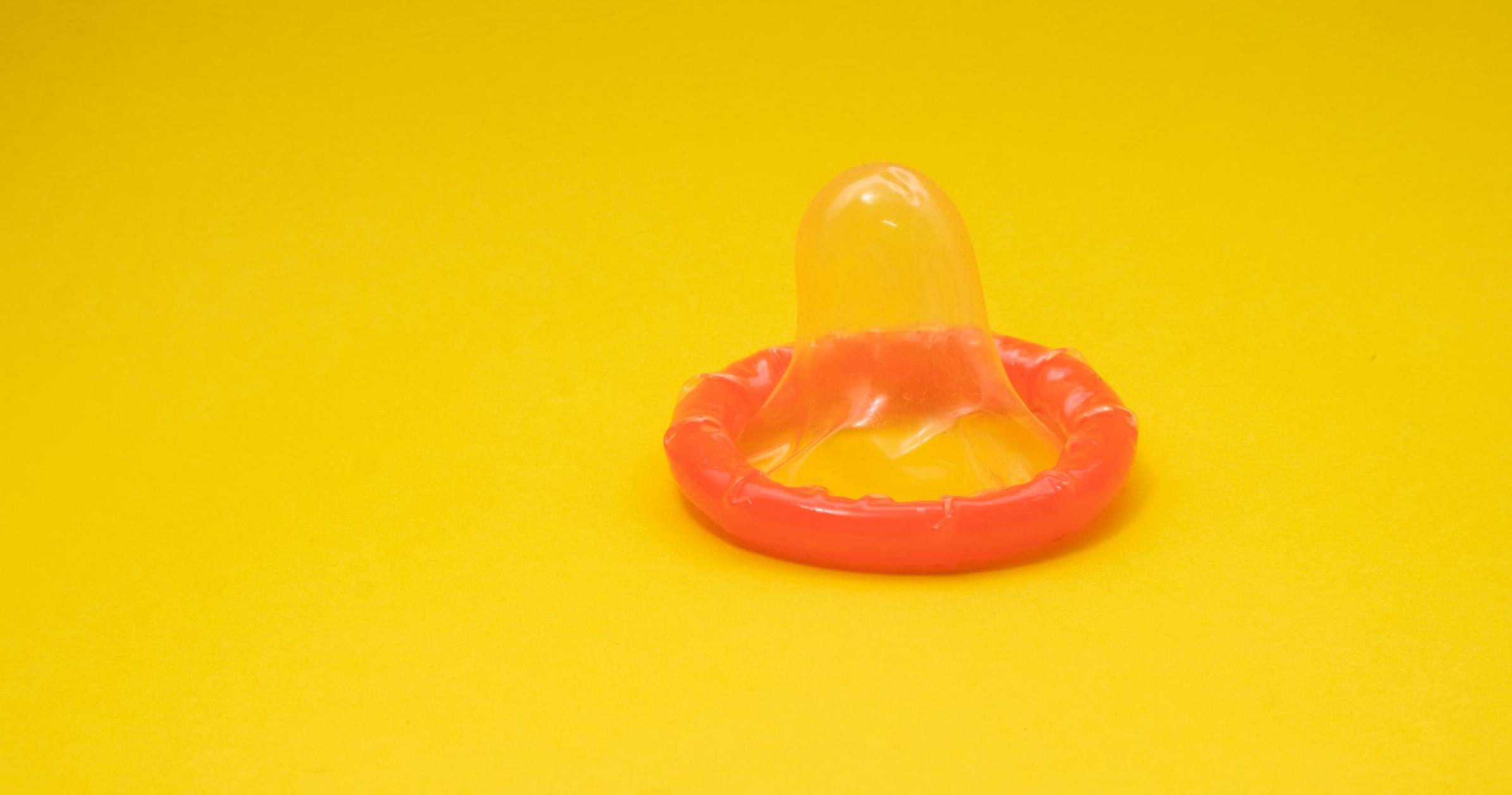Does Being Overweight Affect Your Birth Control?

When it comes to birth control and weight, not all methods are created equal...
There’s a lot of talk about weight in America and what it means for overall health. But does it affect people’s birth control choices? The answer, as usual, is complicated. Keep reading to get some basic information about the relationship between your weight and your birth control, and if you have specific questions, make an appointment to visit your nearest The Right Time health center.
BMI… What’s in a number?
Being overweight or obese is usually defined by body mass index (BMI), which is an estimation of a person’s proportion of body fat based on weight and height. While BMI is not always a reliable measure of health, the U.S. Centers for Disease Control and Prevention (CDC) consider a BMI of 25-29 “overweight” and a BMI of 30 or higher “obese.” (By the way, BMI is not an intuitive measurement. If you don’t know your own BMI and you want to, this web calculator will help.)
But does body fat matter for birth control? Good news first: it doesn’t matter for most methods, including the IUD, the implant, the shot, the ring, and condoms. These methods are all effective for people of any weight. Now the bad news: we don’t know for sure whether weight matters for the commonly used pill, or for the patch.
What about the pill and the patch?
Nobody knows for sure how body fat may affect birth control pills or the patch, but there are a lot of theories. One has to do with the way our bodies break down medicines, also known as metabolism. Those who weigh more tend to have speedier metabolisms, so they break down all kinds of medications faster. A birth control pill taken by someone with more body fat may be broken down faster than the same pill taken by a person with less body fat—and the more rapid break down could make the pill less effective. Another theory is that folks who weigh more have more blood in their bodies. In order for any medication to be effective, it must reach a certain concentration in the bloodstream. For those with more blood, it may be more difficult for a medication to get to the right level in the bloodstream. But at this point these are just theories.
Why don’t we have an answer, science peeps?
This shouldn’t be such a hard question to answer from a scientific perspective, but unfortunately many studies of hormonal birth control have not included people with BMIs over 25. Of the limited studies that have included all sizes, some have found an increased risk of pregnancy among heavier people who used birth control pills. But these studies weren’t perfect because they didn’t measure weight when they started or find out how consistently they used the pill. One big review looked at all studies of hormonal birth control and found that four of seven showed a higher risk of pregnancy in obese people using the pill or the patch.
So what birth control do doctors recommend for heavier people?
While there’s still a lot we don’t know about weight and birth control, using an effective method of birth control is important for anyone who doesn’t want to be pregnant, and the implant and IUD are excellent choices. But of course, you should get a personalized recommendation from a health care provider at your nearest The Right Time health center.
*Note: BMI can be a great diagnostic tool in medicine and personal health monitoring, but it’s not always a reliable measure of health.
Updated November 2020
Related Content


Provider Perspective
The Common Cold of the Sexually Active World: HPVLet’s talk HPV—causes, treatments, and prevention.

Provider Perspective
Skip the Pelvic, Please!What to expect when it’s time to visit your lady doctor. (It may just be a conversation.)

Provider Perspective
Period Pain? Birth Control Can Help!Hormonal birth control is one of the best ways to manage painful periods.



















